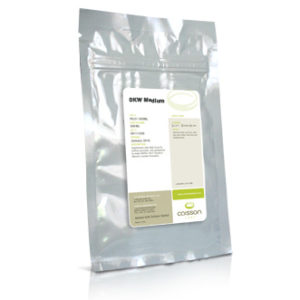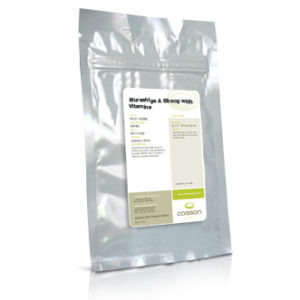S011
Sucrose ACS Grade
CAS Number: 57-50-1; ACS Grade; Formula: C12H22O11; Formula Weight: 342.3
S011 Sucrose ACS Grade plays a crucial role in tissue culture, serving as the primary carbon source and energy supply for cultured cells. In vitro plant tissue cultures rely on an exogenous carbon supply because the photosynthetic capabilities of cultured tissues are often inadequate or absent. S011 provides the necessary energy for cellular respiration, growth, and division, ensuring the robust development of plant tissues. Its inclusion in the culture medium supports the synthesis of essential biomolecules like nucleic acids, proteins, and lipids, which are vital for cellular functions and differentiation.
Beyond basic nutrition, S011 Sucrose ACS Grade significantly influences osmotic pressure within the culture medium. Proper osmotic balance is essential to prevent cell lysis or plasmolysis, maintaining cellular integrity and function. This balance helps in the stabilization of cell membranes and facilitates efficient nutrient uptake, promoting optimal growth conditions. Additionally, sucrose can modulate the medium’s osmotic potential, directly affecting the rate of water uptake by cells, which is crucial for maintaining turgor pressure and cell expansion.
Sucrose also aids in the induction of morphogenesis and organogenesis in plant tissue cultures. The concentration of sucrose in the medium can be manipulated to trigger specific developmental pathways, such as root or shoot formation. High sucrose concentrations can stimulate somatic embryogenesis, leading to the development of embryos from somatic cells. This is particularly valuable in clonal propagation, genetic engineering, and conservation of plant species, as it enables the rapid production of genetically uniform plants.
**Disclaimer:** Results may vary depending on specific cell lines, specifications, and experimental conditions. Consult with cell culture specialists and review comprehensive literature to tailor S011’s use to your specific research needs.
Additional information
Brand
Caisson Labs
Product Storage Conditions
15 to 30°C
Product Shipping Conditions
Ambient
Product Attributes
| Weight | N/A |
|---|---|
| Dimensions | N/A |
| Format | |
| Size |
Fill out the form below to begin the process to purchase this item.
*All products for Laboratory use only
*All products for Laboratory use only






